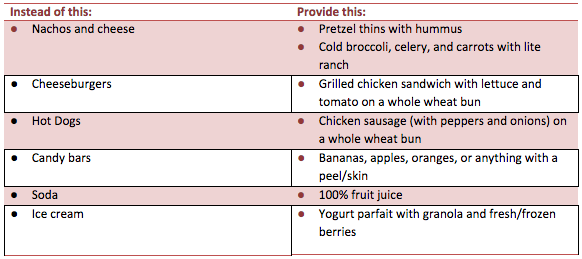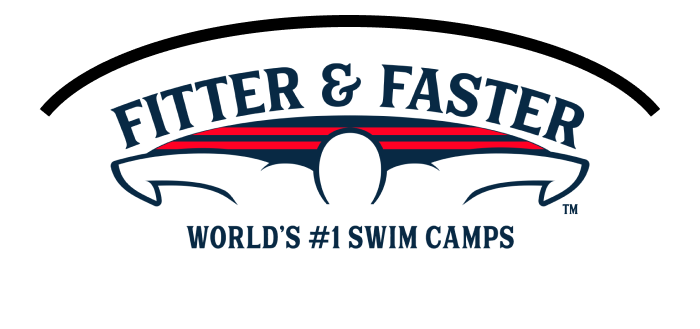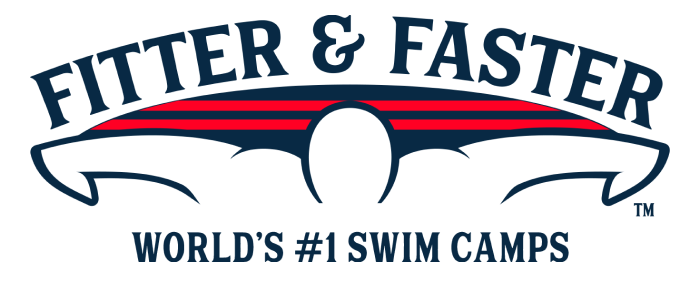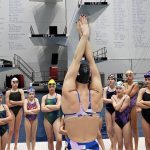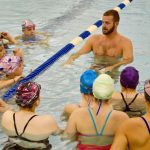About the Author: Jennifer Brunelli is a Sports Dietician who partners with teams such as the Carolina Panthers to enhance nutrition and performance in all athletic pursuits. She also conducts speaking engagements around the country for various clinics and teams.
The Impact of Nutrition
Nutrition has an enormous impact on a swimmers’ performance. Without enough energy or calories coming in, you cannot expect your body to respond quickly to the high demand of our sport. Parents and athletes need to understand the relationship between what you eat and how well you perform.
For example, without sufficient protein, muscles cannot grow stronger. Without enough calcium, magnesium, potassium and other nutrients, muscles cannot contract and relax at the proper times. Lastly, if a swimmer eats too much sugar at the wrong time, their energy will quickly diminish resulting in weakness and fatigue.
Athletic progress is accomplished by continuously stressing your body and allowing it to recover. If you do not receive adequate nutrition from your diet, this recovery is not possible. For swimmers it is even more challenging because we are conflicted between staying lean but providing enough fuel for our body. I often hear swimmers say, “I can eat anything and I don’t gain a pound.” Just because the scale doesn’t change, doesn’t mean you can eat anything and everything. It is extremely important that swimmers give themselves the right kind of fuel, at the right times throughout the day.
Choosing the Right Energy
Training and competition require large amounts of energy, which comes from carbohydrates, fats and protein in your body. If you do not consume enough of these macronutrients from your diet, your body will not be able to perform at a peak level.. The energy needs of an athlete differ if you are male or female. As you get older, your energy needs will change again as your body grows and you acquire more muscle. Changes in training, such as higher intensity and more volume, also requires more energy used by your body.
For example a 15 year old male sprinter doing 5,000 yards might require 3,500-4,500 calories a day but if the same athlete was a distance swimmer doing 9,000 yards daily he will probably need closer to 5000-6000 calories a day. If a 17 year old female did the same workouts, she may need 2,750-3,750 calories or 4,000-5,000 calories respectively. Fueling for performance is specific to the individual. It not only alters athletic performance but can also change your mental state, ability to focus, school work, etc. It can often be beneficial to meet with a Sports Dietitian to assess your needs and come up with a game plan! In the meantime, here are some tools to support you.
Swimmers:
Pre workout meals
The ideal pre-workout fueling includes both a full meal 3-4 hours before practice and a snack or “top-off” about 45-60 minutes before. If you have an afternoon workout, no problem! But for swimmers, it’s just that much more challenging to fuel ourselves because practice begins at 6am sometimes. If you have an early workout the best thing we can do is provide the body with quick energy as soon as we wake up for a workout. Sometimes this means waking up a few minutes early to make what we need. Carbohydrates that provide quick, easily digested energy for pre workout meals are listed below.
An ideal meal includes:
- Mostly starchy carbs (bread, rice, pasta, potatoes)
- Carb rich fruits and veggies of all colors (avoid salad and raw vegetables)
- Small serving of lean protein – chicken, turkey, eggs, beans, low fat dairy
- Fluids (water or sports drink with minimal caffeine)
- Salty foods (pretzels, trail mix, etc)
Before practice or competition AVOID:
- Foods you haven’t tried before
- Cream based sauces and soups
- High fat meats
- Fried foods
- Spicy foods
- High sugar items such as soda or sweets
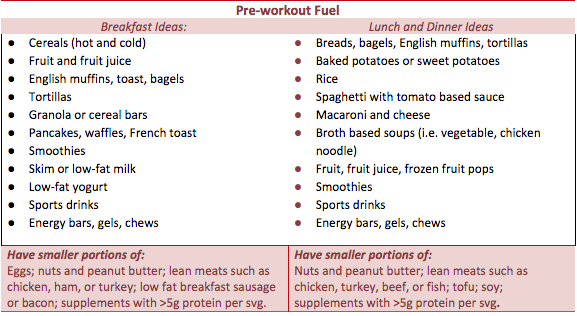
During workout
Recovery begins the minute you start working out. During practice you are constantly burning fuel. In order to be at your best through a two hour long workout and especially when doing doubles, you need to be fueling during practice. You have to train your body to do this, its not always easy! Practice when you’re in a workout using sports drinks, fruit, granola bars, crackers, bagels, fruit snacks, dry cereal, etc.
- 30-60 grams of carbohydrate is recommended per hour for those exercising 60 minutes or more
- Small amounts of protein (5-10 grams) per hour during exercise along with the carbohydrate have also been shown to have positive effects on muscle recovery
- Drink 6-8 ounces of fluids every 15-20 minutes as tolerated
- KEY TO SUCCESS: Start out consuming something small or a liquid form of carbohydrate in order to allow your stomach a chance to adjust to consuming calories/energy while working out. Some people get an upset stomach when trying this, the challenge is to find the right carb source for you and stick with it to give your body a chance to see how much better it will feel with fuel available!
During Workouts or Meets

Recovery tips to take with you
- Plan ahead. Keep a variety of nutritious ready-to-eat snacks in your swim bag or locker, such as whole-grain crackers, low-fat cheese sticks, fruit, PB&J, granola bars, etc.
- Begin recovery within 30-45 minutes after practice or competition followed by a meal within 2 hours. Liquid carbohydrate or simple carbs can be utilized during workout or right after to speed up absorption and recovery.
- Your post workout snack should include carbohydrate and protein in a 3:1 carb to protein ratio (3 grams of carbohydrate for every 1 gram of protein).
- Keep portion control in mind. Replace muscle fuel or carbohydrate utilized during practice along with the energy you need to support your body’s normal functioning. The higher the volume and intensity of a workout the more fuel you need to recover with. That being said, you don’t have to replace every calorie you burn.
- Provide protein to aid in repair of damaged muscle tissue and to stimulate development of new tissue. More is not better, so shoot for 20-40 grams of protein in your recovery snacks and meals.
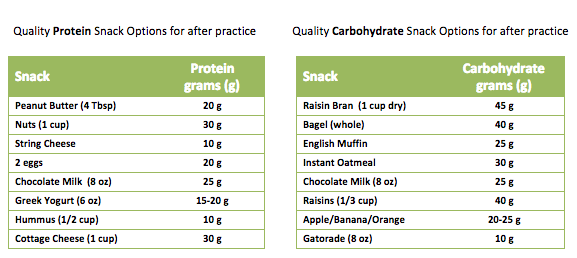
6 Steps to Being Well Hydrated
- Begin exercise well hydrated. Drink 16 oz about 2 hours before practice and another 8-16 oz about 15-20 minutes before practice.
- Weigh yourself before you get in the pool.
- During exercise
-
- If less than 60 minutes, drink 6-12 oz of water every 20 minutes
- If more than 60 minutes drink 6-12 oz every 20 mins of a 6-8% carb solution drink (ie Gatorade)
- Weigh yourself after to calculate sweat rate. For every pound you lose, drink 16-24 oz of fluid.
- Drink water with every meal to ensure pale yellow colored urine to indicate you are hydrated (check out the hydration chart).
- After exercise, drink water with carbohydrates to speed up the recovery process. Thirst lags behind the body’s need. Prevent yourself from becoming thirsty because if you’re thirsty, then you are already dehydrated.
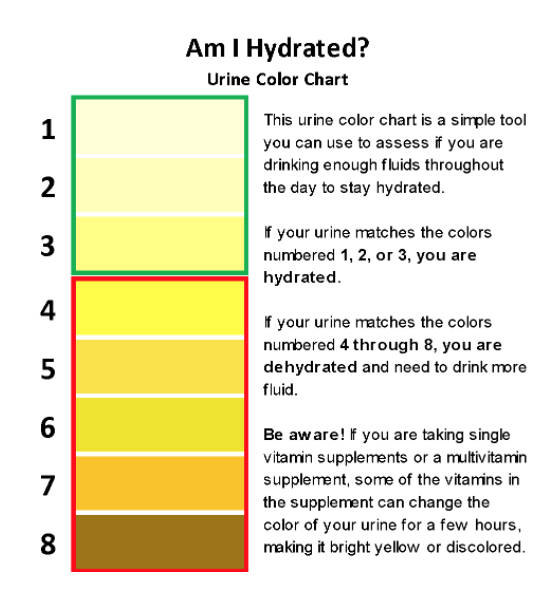
PARENTS:
Recommendations to assist your athlete in planning for competition:
- Be prepared- send your swimmers to practice and meets with food, or, figure out where you will be eating in advance if you’re away from home!
- Constant intake of energy. Make sure snacks are available in their bags, lockers, cars, etc.
- Carbohydrates are key. It is fast, available energy. Athletes need carbs, so do not let the latest diet craze influence the way your athlete is fueled.
- If your swimmers don’t eat or drink it before, during or after practice, they shouldn’t consume it during a meet. A meet is not the time to try something new.
- A meet is a good time for “supplements” such as energy bars, gels, carbohydrate solutions, etc.
- Choose foods that do not cause GI distress. High fat, high protein foods cause GI distress.
- Research the area you will travel to ahead of time and determine food availability. Identify restaurants you know who offer good options, grocery stores close to the hotel, and if it is possible to prepare food in your hotel.
- Create a timeline with your swimmer for consuming food and fluids throughout the day. This will help ensure you don’t overeat or skip meals, snacks, or hydrating opportunities. The timeline should be based on their race schedule and should be practiced prior to race day.
- When competing in multiple sessions, it is important that an athlete consume a post-race snack immediately to recover and prepare for their next race..
SUPPLEMENTS
Questions to ask before taking a supplement:
- Why am I taking this?
- Does this product even do what it claims to do? Is there research that proves it?
- Is research based on the type of athlete I am (age, sport, gender, etc)?
- Has it been tested for safety by a third party? (NSFsport.com)
- Talk to a doctor or sports RD before you take anything.
- Can you get the ingredients you need from food first?
Coaches Corner
You are on the front lines with your athletes. You can give them the best technical coaching and motivation in the world, but if they aren’t fueled properly they won’t get the most out of your workouts. Here are some ways to ensure you get the most out of your swimmers.
- Require your swimmers eat before a workout. Don’t bother to let them practice if they have not eaten beforehand, they are just doing more damage to their body than good.
- Think about having a fundraiser to raise money to purchase non-perishable foods you can store at your facility for swimmers.
- Build fueling breaks into your workouts. This will show how important it is and ensures they have time to follow through. This does not have to be a stop in the middle of your practice. It can be between sets, just write it into the workout so the athletes and other coaches remember.
- Build hydration breaks in to your workouts. This is just as important as fueling with food.
- Practice what you preach. Taking care of your own body and fueling for your own health. When an athlete sees you doing what you have asked of them, they are more likely to take action!
- Avoid weigh-ins and group conversations about weight and body composition. If it is necessary to talk to an athlete about these things do it on a case-by-case basis and consider including a professional, such as a sports RD, to support change. Instead, as a coach you should be emphasizing healthy eating, skill development, energy availability, effort, and attitude.
- Supplements are not typically suggested for age group athletes. If a company, representative, athlete, or parent asks you about supplements- have a resource such as a sports RD available that can address this with them and get them reliable and safe information.
Building a High Performance Snack Bar for your Team Practice Site or Swim Meet
Have you heard it suggested in this article that hot dogs, nachos, candy bars, and soda will help our swimmers perform? Then why are we providing these things at swim meets! We know the fans may get into these foods, but let’s support our athletes by giving them options that help them get better while allowing the fans a chance to join in on the healthy lifestyle. Here are some quick exchanges for the snack bar options that are frequently available.
